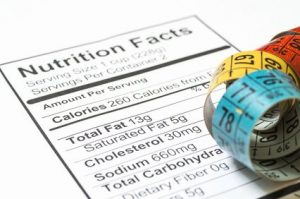Here are 7 reasons why mixing diabetes with smoking is a very bad idea:
1) You are more likely to get nerve damage (neuropathy). This is because smoking affects your blood circulation and that in turn means your nerve endings are not getting the nutrients they need. If this happens to the nerves in your feet it could lead to sores and infections and, if not taken care of properly, even amputation.
2) There is an increased risk – double in fact -of you getting limited mobility in your joints. It’s no fun trying to bend, climb stairs or lift something when you have a painful joint.
3) Because of smoking you could develop kidney disease.
4) When you smoke your blood pressure increases. Increased blood pressure creates a real risk of heart disease.
5) Research has shown that diabetics who smoke increase, 3-fold, the risk of dying of heart (cardiovascular) disease.
6) By smoking you increase your blood-sugar levels. This makes it more difficult to control your diabetes because your glucose levels could be fluctuating quite dramatically. This, in turn, leads to other problems.
7) And it also increases your cholesterol levels, which increases the risk of a heart attack.
In fact smoking – and passive smoking – have a seriously detrimental effect on the ABC’s of diabetes management:
A. – the measurement of your blood glucose over a 3-month period
B. – your blood pressure, which should be below 130/80
C – your cholesterol levels. Cholesterol levels include LDL, HDL and triglycerides. Your LDL should be below 100. HDL levels should be above 40 (for men) and above 50 (for women). Tryglycerides should be below 150.
And, of course, on top of all that there’s the proven risk of cancer!












Be First to Comment